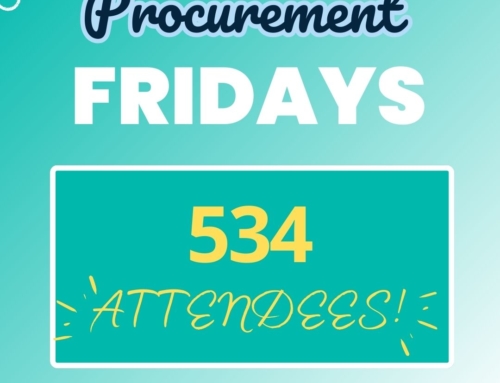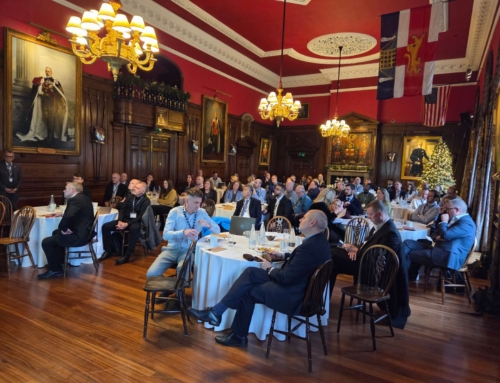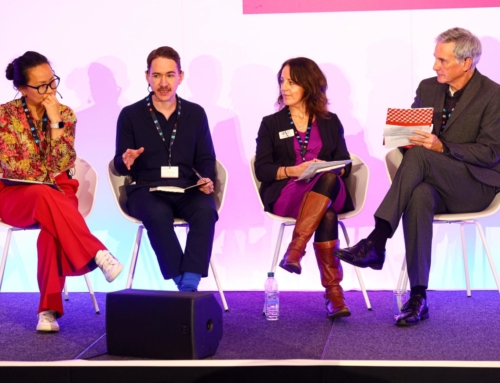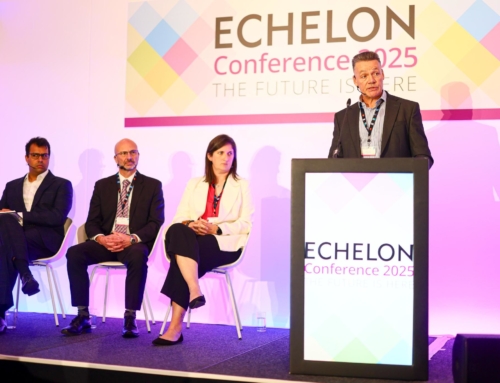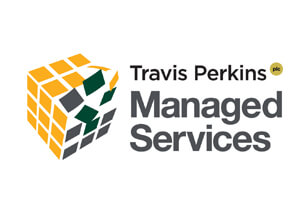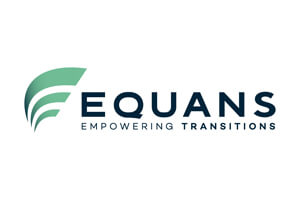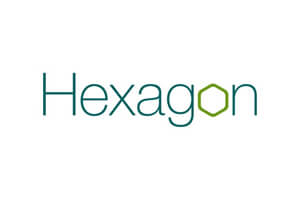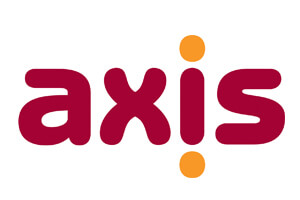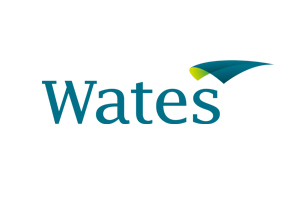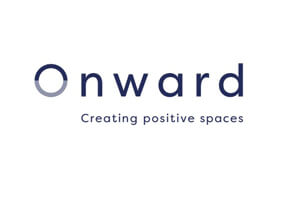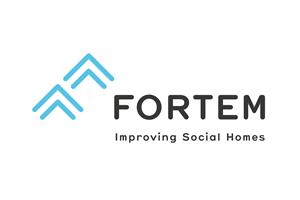The Future of Procurement focus for AMIP
The Future of Procurement was the focus of the September AMIP forum, which covered everything from evaluations and AI to social value, tenant engagement and the latest data and insights from the Cabinet Office.
Consultant solicitor Kieran McGaughey was the first to take to the stage at the RAF Museum in London.
He focused on how to run an effective evaluation under the new Procurement Act, covering the importance of evaluation, changes under the Act, pre-evaluation considerations, the evaluation process and post-evaluation debrief.
The evaluation stage of the procurement process is the most challenged area, he explained, and should be taken seriously.
He urged procurement officers to be a sieve, filtering what is wanted from what is wanted, challenging things which are potentially problematic and not being afraid to interrupt, rather than a postbox just delivering messages.
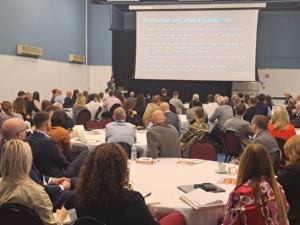
He shared his top tips including:
Do:
- Train your evaluators
- Act transparently
- Treat all bidders consistently
- Keep an audit trail of changes in scores and reasons
- Keep written records
- Devote sufficient time and resources to the evaluation process
- Be polite and empathetic
- Follow your own internal rules
- Use an online calculator for standstill
Don’t:
- Compare bids against each other
- Introduce undisclosed sub-criteria
- Take account of irrelevant considerations
- Make it personal
- Take account of irrelevant considerations
- Be afraid to interrupt
- Average scores with no consensus reasons for the final score
- Give a list “positives” and “negatives” when debriefing
- Don’t just parrot back the scoring matrix
The use of AI in procurement
Next up was Joey Barron, Project Manager at Echelon Consultancy who delivered an interactive presentation on unlocking the power of Artificial Intelligence.
Covering what it is, what it isn’t and why it matters, his presentation explored people’s understanding of AI and what they are currently using it for.
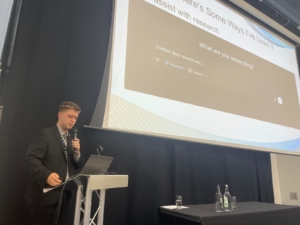
Key takeaways included:
- AI isn’t an oracle — it’s just highly advanced predictive text. It can sound confident, but that doesn’t make it correct.
- Always double-check facts, figures, and citations. Never rely on AI alone for accuracy — especially in formal or public-facing work.
- Don’t settle for the first output. You’re probably the first person ever to ask it your exact question — it may take a few goes to get it right.
- Never enter personal, confidential, or commercially sensitive information.
- AI tools aren’t secure data environments — and data protection laws still apply.
- AI should support your thinking — not do it for you. The more you work with it, the better it gets at matching how you think and work.
Delegates enjoyed a fascinating lunchtime talk on the history of the site of the RAF Museum in Hendon, where you can view aircraft including a Lancaster bomber. Guests also and chance to browse the exhibits in the museum during the networking and refreshment breaks.

Tenant Engagement Procurement Toolkit and social value
Mathew Baxter, Echelon CEO kicked off the afternoon sessions, introducing the Effective Tenant Engagement Procurement Toolkit, co-produced by Echelon Consultancy and Tpas England.
He talked through the six key stages of the procurement process, and the roles that tenants can pay at each stage.
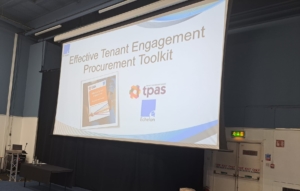
Mark Cook, Partner, and Gayle Monk Legal Director from Anthony Collins Solicitors LLP spoke about delivering real social value in procurement, talking through the history of social value, including the introduction of the Public Services (Social Value) Act 2012 and the Procurement Reform (Scotland) Act 2014.
They emphasised the importance of delivering value for money and maximising public benefit, sharing information with tenderers, acting with integrity, treating suppliers equally, and considering the removal of SME barriers, as well as the importance of building social value into the core of the contract.
Procuring real social value is just good procurement, said Mark
Central Digital Platform
The final speaker was Lisa Stubbs, Head of Open and Transparent Contracting at the Cabinet Office who focused on the Central Digital Platform (CDP) introduced under the Procurement Act 2023 to replace The Find a Tender Service (FTS).
She highlighted some key stats, including that 43,388 suppliers, 2,783 Contracting Authorities and 66,062 users had registered for the CDP as of 1 September.
She talked through all of the procurement notices introduced under the Act in detail, outlining when to use and publish, as well as explaining their purpose.
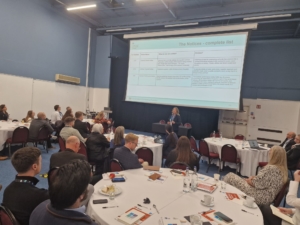
She talked about the role of the sector in publishing “good” data including:
- Publish as much as you can
- Be accurate
- Update as you go
- Exploit published data to gain market insights
Outlining some of the challenges that are being faced, she also gave tips on how to improve data, including:
- Get to grips with thresholds
- Know which notices to publish at each stage of the procurement journey.
- Ensure that PCR and PA23 notices are separate.
- Make sure to use one identifier across your procurement – stay consistent
- Calculate VAT carefully and accurately
The event rounded off with a Q&A panel, on unpacking the Central Digital Platform, where Gemma Peglar, Partnerships Director at McConnell Group and Sanja Topalovic MCIPS, procurement category manager at The Hyde Group joined Lisa and Kieran.
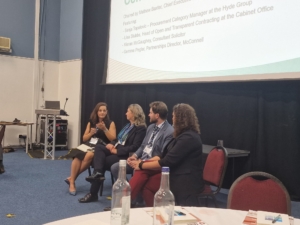
It was another informative day, with plenty of takeaways for delegates, as the sector continues to navigate the new procurement landscape.
Read about our previous AMIP meeting focused on Building and Fire Safety here.



